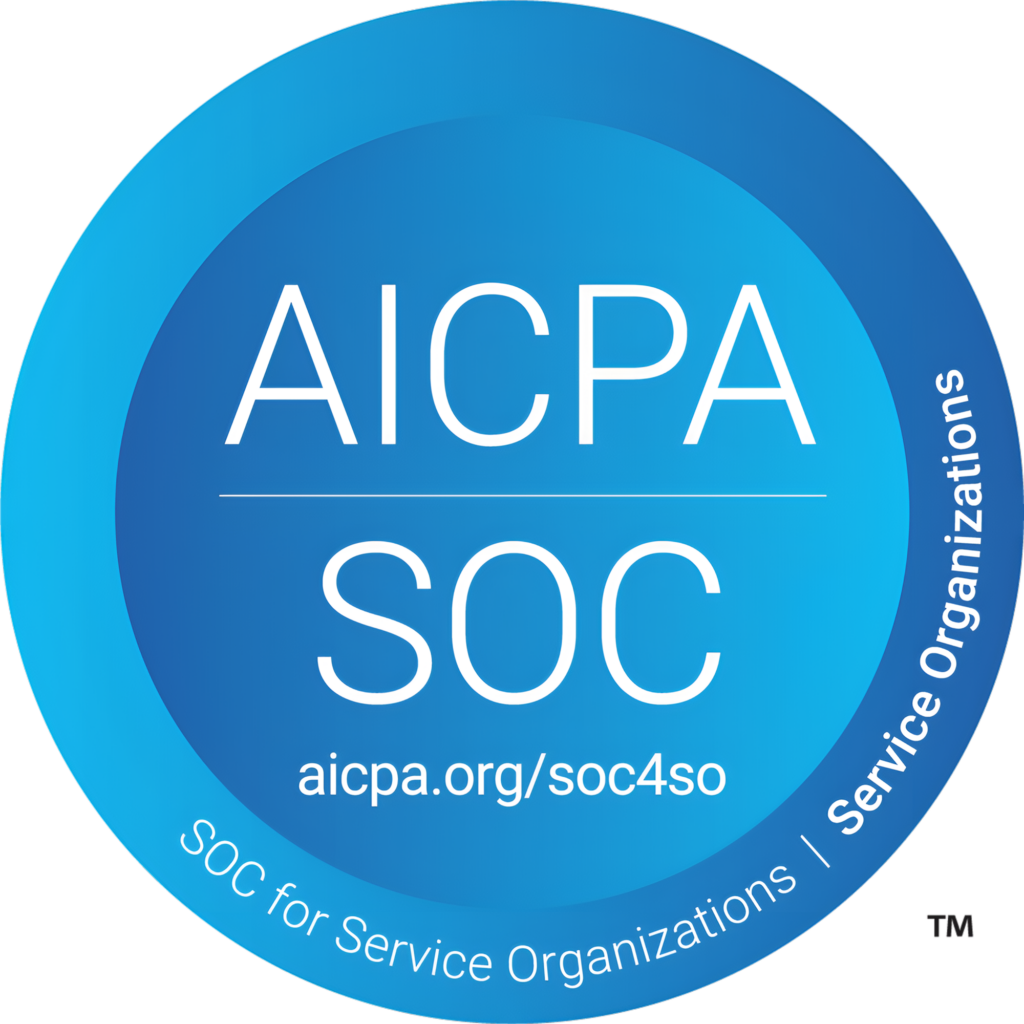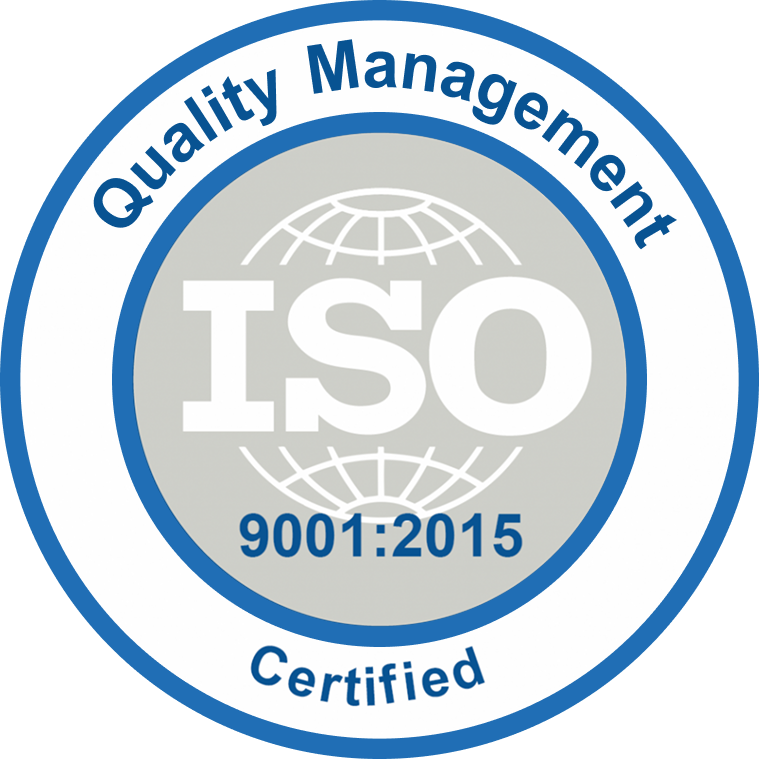As businesses increasingly adopt AI technologies, Microsoft 365 Copilot stands out as a transformative tool for productivity. By integrating generative AI with familiar Microsoft 365 applications, it streamlines daily tasks, enhances data analysis, and automates repetitive work. However, while the benefits are significant, so are the potential security implications. Understanding how Copilot enhances security features within Microsoft 365 is crucial for organizations aiming to leverage this powerful tool while safeguarding their sensitive data.
Continue Reading
Streamlined document creation and collaboration
Microsoft 365 Copilot simplifies the creation of documents and presentations, allowing users to utilize corporate templates and resources seamlessly. Its capabilities extend to recommending formulas and charts in Excel and capturing action items during Teams meetings. Moreover, it can summarize lengthy email threads, enabling users to quickly grasp the essentials of discussions. This efficiency is vital in fast-paced work environments where time is of the essence.
Addressing core security concerns
While the convenience offered by Copilot enhances productivity, it also raises critical security concerns. The ease of content creation could inadvertently lead to the inclusion of sensitive information, such as personally identifiable information (PII). For instance, the summarization feature, though helpful, risks revealing confidential data if users are not cautious. Furthermore, as Copilot retrieves data from integrated applications, there is a risk that sensitive information could be stored in less secure locations, such as personal OneDrive accounts.
Implementing stringent security measures
To address these vulnerabilities, organizations must treat Copilot like any other user within their ecosystem, applying stringent security protocols. This includes monitoring and controlling Copilot’s access rights, adhering to the principle of least privilege. Organizations should regularly audit Copilot’s activities to detect and mitigate potential security threats, ensuring that its access is limited to what is necessary for its operation.
Navigating specific security vulnerabilities
The efficiency of Copilot comes with challenges, particularly regarding data security. For example, if a user requests a comprehensive summary of a project, Copilot might include information without considering its sensitivity. Key vulnerabilities include:
- Improper Permissions: Excessive broad access can lead to the uncontrolled dissemination of sensitive data, increasing the risk of breaches.
- Inaccurate Data Classification: Copilot relies on correctly applied sensitivity labels to safeguard data. Mislabeling can expose sensitive information to unauthorized parties.
- Copilot-Generated Content: New documents created by Copilot do not automatically inherit sensitivity labels from their source materials, posing risks of unauthorized access.
Enhancing security with data classification
To mitigate risks, organizations should establish a robust data classification system before deploying Copilot. Understanding what data exists, how it is accessed, and how it is shared is essential for effective security measures. Tools such as Netwrix Data Classification and Netwrix Enterprise Auditor can help automate the discovery of sensitive data within Microsoft 365. These solutions ensure that Copilot accesses only the data designated for its use, enhancing governance and reducing the risk of security incidents.
Aligning permissions with security protocols
Once data classification is in place, organizations should implement least privilege access to their sensitive data. The Microsoft 2023 State of Cloud Permissions Risks Report highlights the prevalence of over-permissioned users, which poses a substantial risk. Adjusting access rights to prevent excessive permissions can mitigate this threat. Netwrix solutions can provide detailed risk assessments and help organizations understand who has access to specific data, including Copilot, ensuring appropriate access levels are maintained.
Continuous monitoring and adaptation
Implementing security measures for Copilot should not end with its deployment. Continuous monitoring of the environment is essential to identify vulnerabilities that may arise. Netwrix Enterprise Auditor can track access patterns, authentication requests, and permission usage, enabling organizations to respond swiftly to potential security breaches. Regular audits and real-time monitoring can help organizations adapt their security policies to new threats, ensuring the ongoing protection of sensitive data.
Conclusion
Microsoft 365 Copilot represents a significant advancement in productivity tools, offering numerous benefits for organizations. However, with these advantages come inherent security risks. By adhering to best practices and guidelines for securing data, organizations can effectively leverage the capabilities of Copilot while protecting their sensitive information. At AVASOFT, we understand the importance of balancing productivity and security, and we are committed to helping organizations navigate these challenges successfully.

